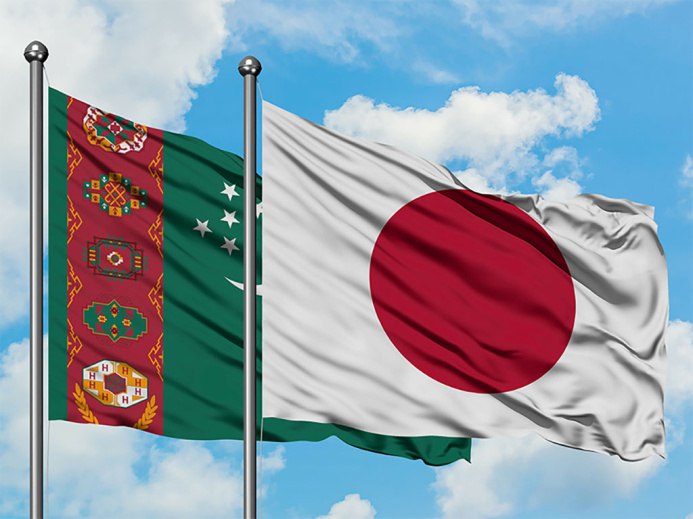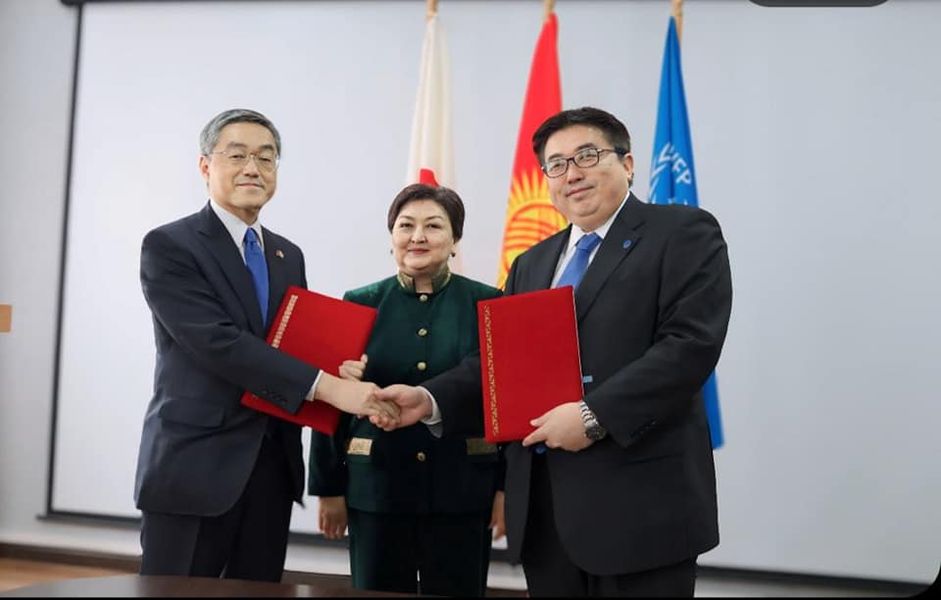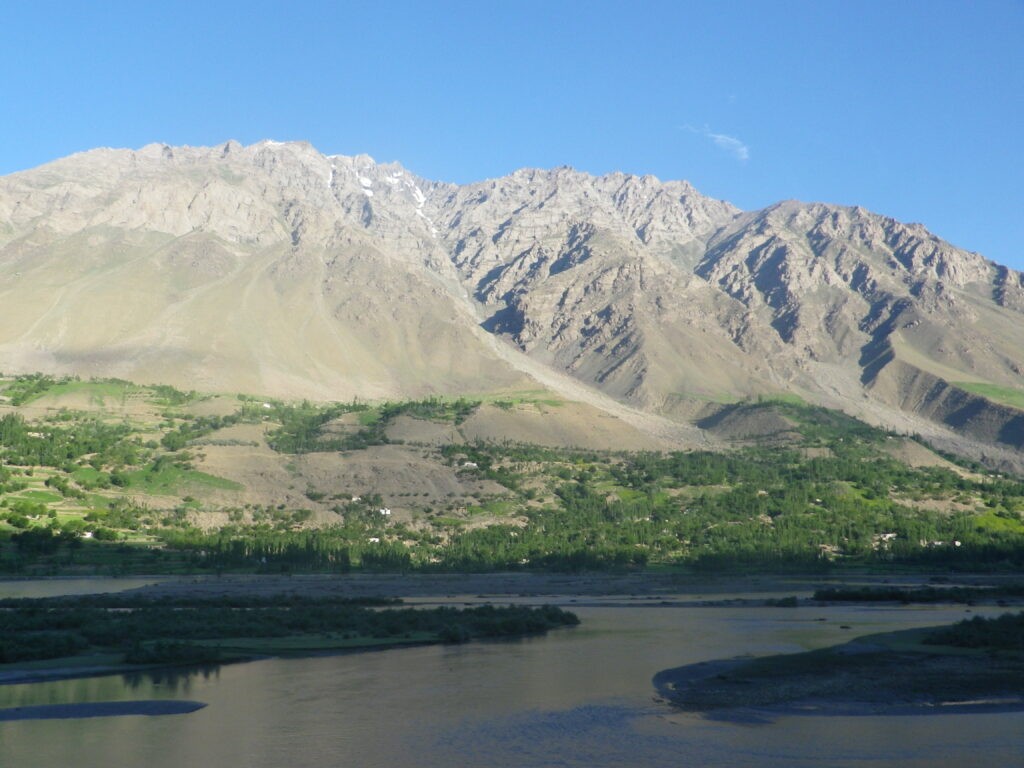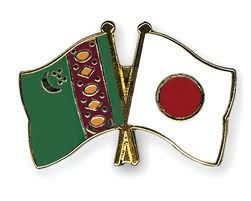Turkmenistan Strengthens Cooperation with Japanese Investors
As reported by TDH, Gurbanguly Berdimuhamedov, chairman of the Khalk Maslakhaty of Turkmenistan, recently engaged in a meeting with representatives of Japan's Kawasaki Heavy Industries Ltd., including Senior Strategic Advisor Tatsuya Watanabe and Executive Director Kenji Sanada. During the meeting, Japan's role as an important strategic partner for Turkmenistan in the Asia-Pacific region was noted, with particular regard to bilateral cooperation between the two countries and within the framework of international organizations, including the UN. A long-term partnership has been established with Kawasaki Heavy Industries Ltd., and several major projects have been implemented, including a plant for producing gasoline from natural gas in Ovadandepe, a urea plant in Mary province, and the Keliati cement plant. New opportunities for cooperation were discussed alongside Turkmenistan's plans to produce and process natural gas. The importance of using advanced technologies and observing environmental standards in the implementation of projects was emphasized.






